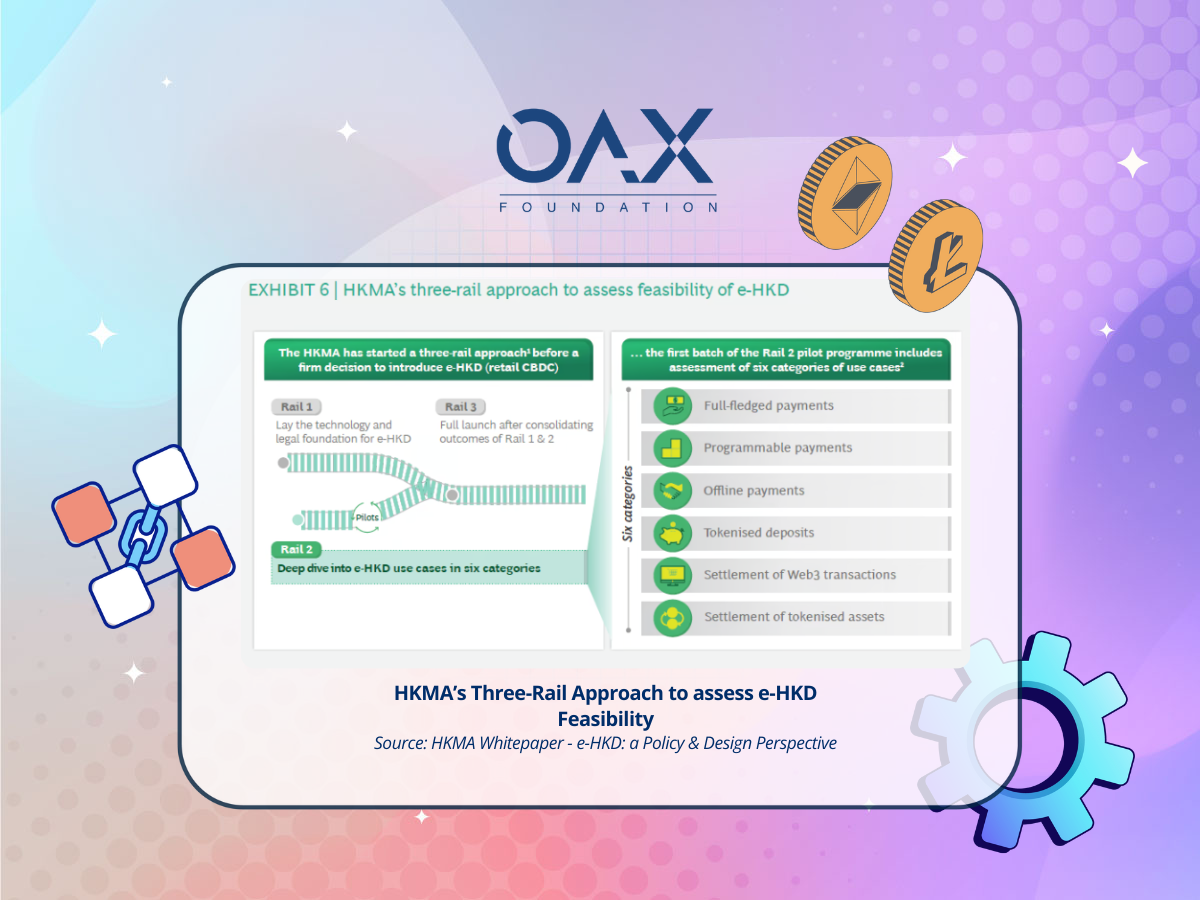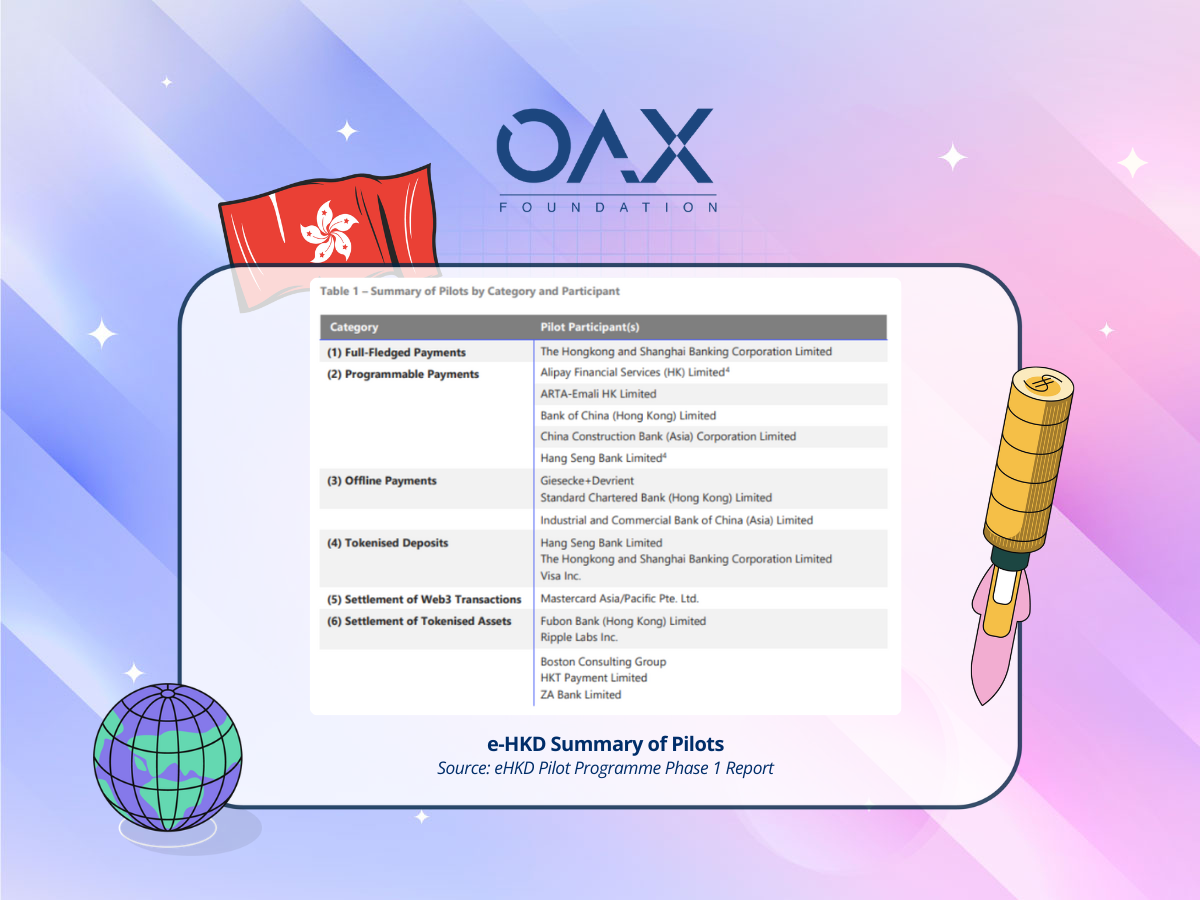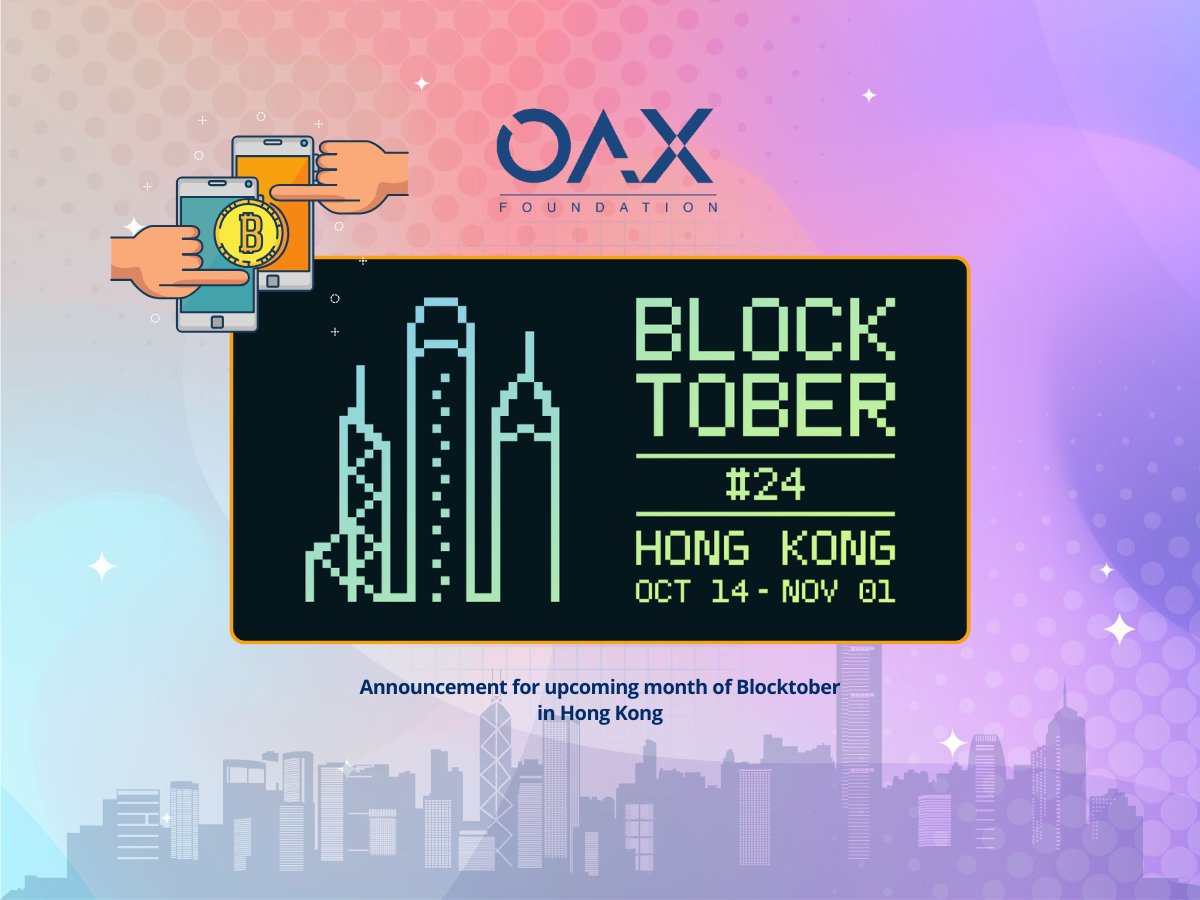
Hong Kong’s Crypto Landscape: Harnessing Growth Momentum Amid Regional Challenges
In recent weeks, Hong Kong has emerged as a focal point in the stock market, juxtaposed against the backdrop of China’s economic stimulus and the city’s evolving regulatory frameworks. As the global digital asset landscape continues to shift, local initiatives and regional influences are shaping the future of crypto in one of Asia’s leading financial hubs.
The Initial Effects of China’s Stimulus
The Hang Seng Index took on a significant spike after China’s stimulus last week but followed by one of the largest downturn in history as the announcement did not follow through economic measures investors had anticipated. The more concrete part of the stimulus was a plan to allocate 200 billion yuan ($28 billion) for spending and investment projects by year-end, however, this is a figure many analysts deemed insufficient to address the pressing economic challenges.
This lack of urgency has reverberated through the stock markets, dampening investor sentiment. Major cryptocurrencies like Bitcoin and Ethereum saw notable declines, reflecting a broader apprehension about the economic climate in the Chinese market and its potential impact on digital assets.
Hong Kong’s Bold Steps in Digital Innovation
Amid these policy updates and market movements, Hong Kong is making significant strides in the digital asset space. The Hong Kong Monetary Authority (HKMA) has launched the second phase of its central bank digital currency (CBDC) pilot, now dubbed “Project e-HKD+.” This initiative aims to explore the commercial feasibility of the e-HKD, focusing on the settlement of tokenized assets, programmability, and offline payments.

The pilot involves 11 selected groups, including major financial institutions like Hang Seng Bank, Aptos Lab and Boston Consultant Group, who will experiment with the integration of digital currency on public blockchains. While Visa, ANZ, Fidelity and ChinaAMC are exploring near-real-time interbank and cross-border payments. These ambitious projects not only highlights Hong Kong’s commitment to digital innovation but also positions it as a potential leader in the CBDC landscape.

Regulatory Alignment with European Standards
In tandem with its CBDC developments, Hong Kong is also aligning its regulatory framework with international standards. The HKMA and the Securities and Futures Commission (SFC) announced plans to adopt reporting requirements for crypto over-the-counter (OTC) derivatives that mirror those of the European Securities and Markets Authority (ESMA). This move is part of a broader effort to enhance transparency and oversight in the crypto sector, as stakeholders pointed out that existing asset classifications do not adequately cover crypto OTC derivatives. The introduction of Digital Token Identifiers (DTIs) and a Unique Product Identifier (UPI) for reporting is set to take effect by September 29, 2025, marking a significant step towards creating a more structured regulatory environment.
Competitive Landscape: Singapore vs. Hong Kong
As Hong Kong pushes forward with its regulatory and technological initiatives, neighboring Singapore is ramping up its crypto offerings as well. DBS Bank announced plans to launch over-the-counter (OTC) crypto options trading and structured notes for institutional clients, underscoring the competitive pressure on Hong Kong to maintain its status as a crypto hub. The introduction of advanced investment strategies, such as put options, reflects a growing demand from professional investors for exposure to digital assets.
Hong Kong’s SFC is also actively considering a new licensing regime for cryptocurrency OTC services, aiming to ensure compliance and safety within the industry. The push for more licenses comes amid scrutiny of existing exchanges, as the SFC targets noncompliant platforms ahead of the upcoming regulatory changes. In recent developments in Hong Kong’s cryptocurrency landscape, the Hong Kong Virtual Asset Exchange (HKVAX) has secured full licensing from the Securities and Futures Commission (SFC), becoming the third exchange to offer services to retail customers.
Other fintech updates in the space includes Mox Bank, a HK virtual bank that has recently introduced exchange-trade cryptocurrency funds (Crypto ETFs) in its Mox Invest Platform. This development positions Mox as the first virtual bank in Hong Kong to offer such investment products. Customers will have access to HK-listed spot and derivative crypto ETFs, alongside US-listed derivatives, with Bitcoin and Ethereum serving as the underlying assets. This move responds to a growing appetite for crypto investments, as a 2021 Visa survey revealed that nearly one in three residents in Hong Kong have engaged with cryptocurrency, indicating a significant shift in consumer interest.
Blocktober brings the Spotlight on Hong Kong
As the crypto community gears up for a series of significant events, BLOCKTOBER 2024 promises to unite Web3 builders and industry leaders in Hong Kong.
This month-long series of decentralized events will facilitate collaboration and innovation in blockchain technology, featuring discussions hosted by prominent organizations like Animoca and Coindesk, while Hong Kong Fintech Week remains to be the city’s flagship financial event. Looking ahead, the Consensus 2025 event aims to be the largest crypto gathering yet, further solidifying Hong Kong’s role on the global stage.

Outlook: Hong Kong’s Position in the Crypto Ecosystem
In the wake of all recent updates and the evolving regulatory landscape, Hong Kong is positioning itself as a leader in the cryptocurrency space, particularly with its significant adoption of stablecoins, accounting for 40% of the region’s crypto value. This shift, driven by rising inflation and currency devaluation, underscores Hong Kong’s potential to spearhead digital asset adoption in Eastern Asia.
As the region navigates these challenges and opportunities, Hong Kong’s proactive approach to regulation and innovation may well serve as a model for other markets seeking to establish a foothold in the burgeoning digital economy. The OAX Foundation foresees it will be critical as the city strives to balance regulatory rigor with the need for a vibrant, competitive digital assets ecosystem.
OAX Team
Disclaimer: The above is an opinion piece written by an authorized author, but in no way represents the official standpoint of OAX Foundation Limited, nor should it be meant to serve as investment advice.


